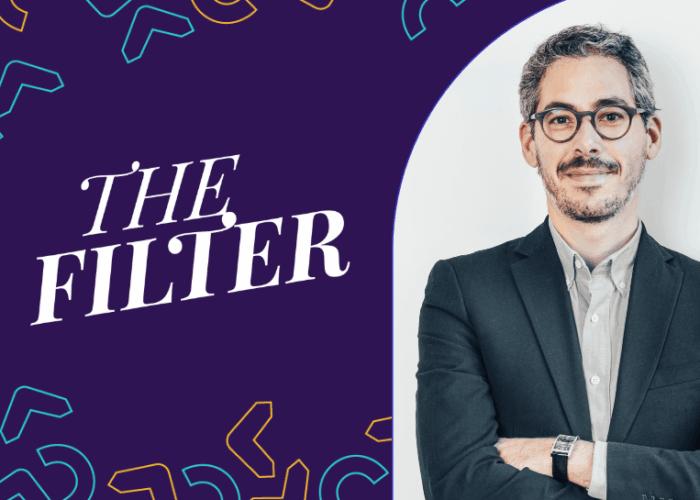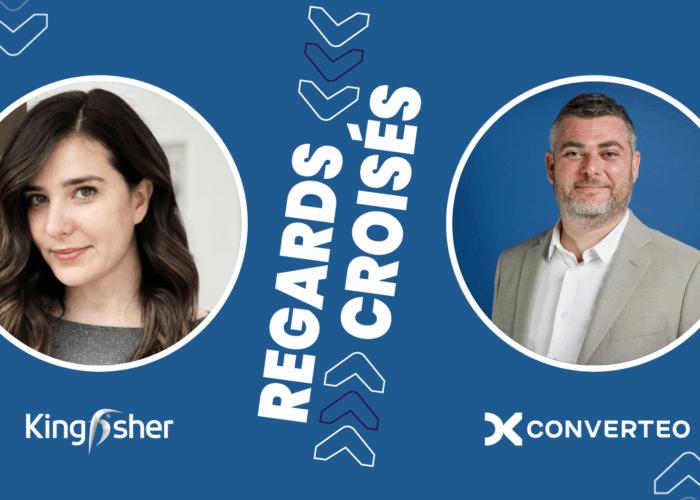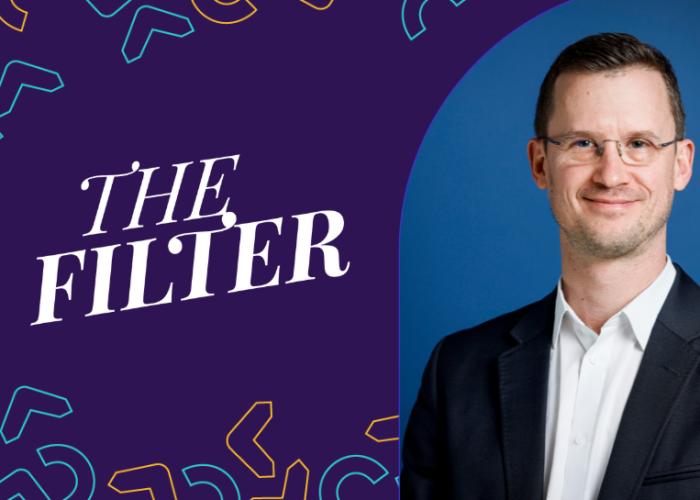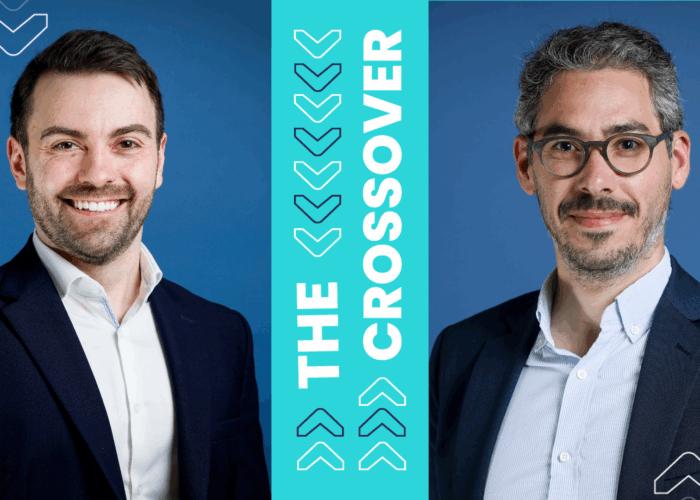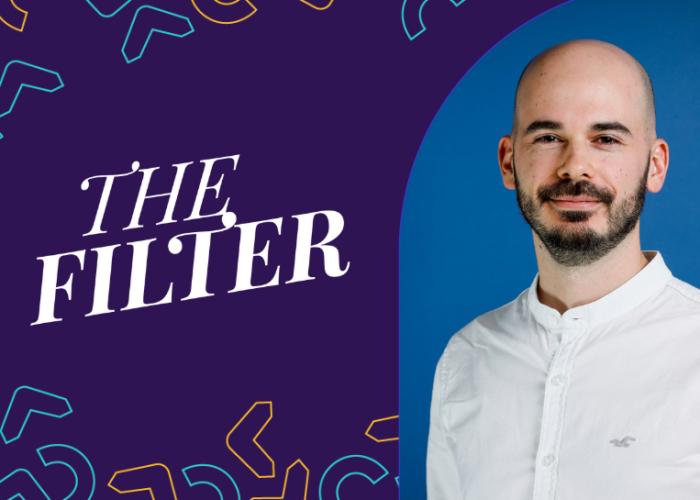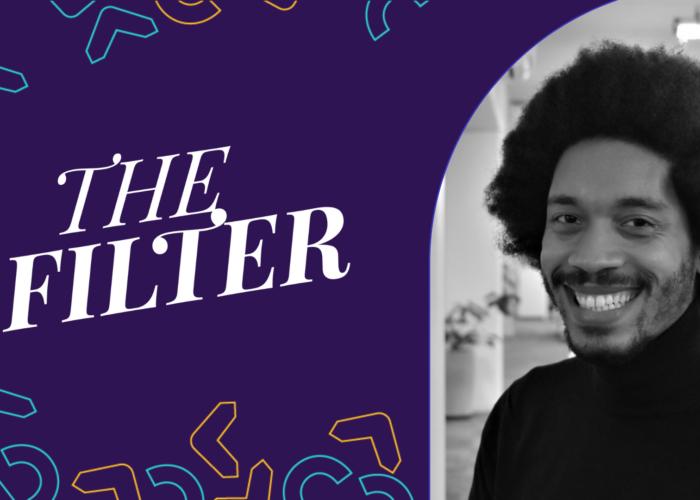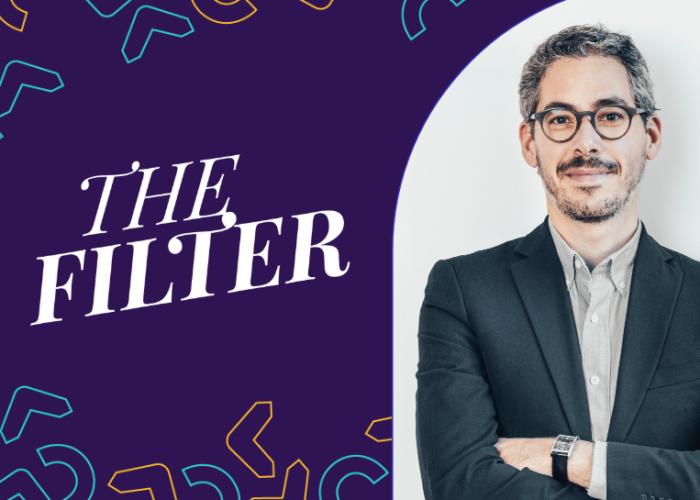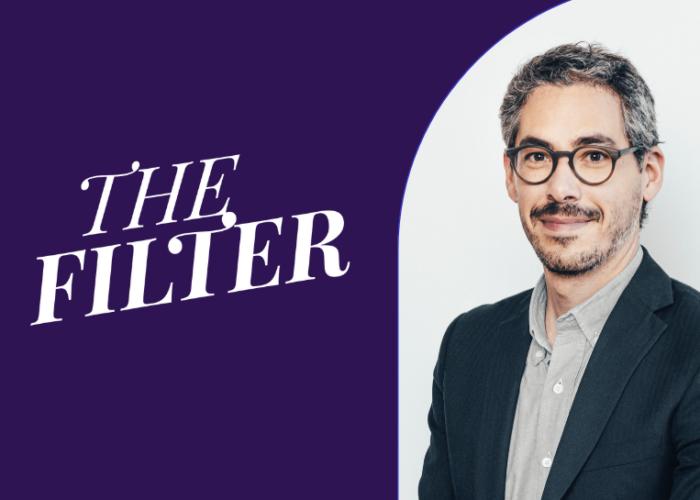Accor and Converteo: Serverside for Performance, the Example of CAPI Deployment
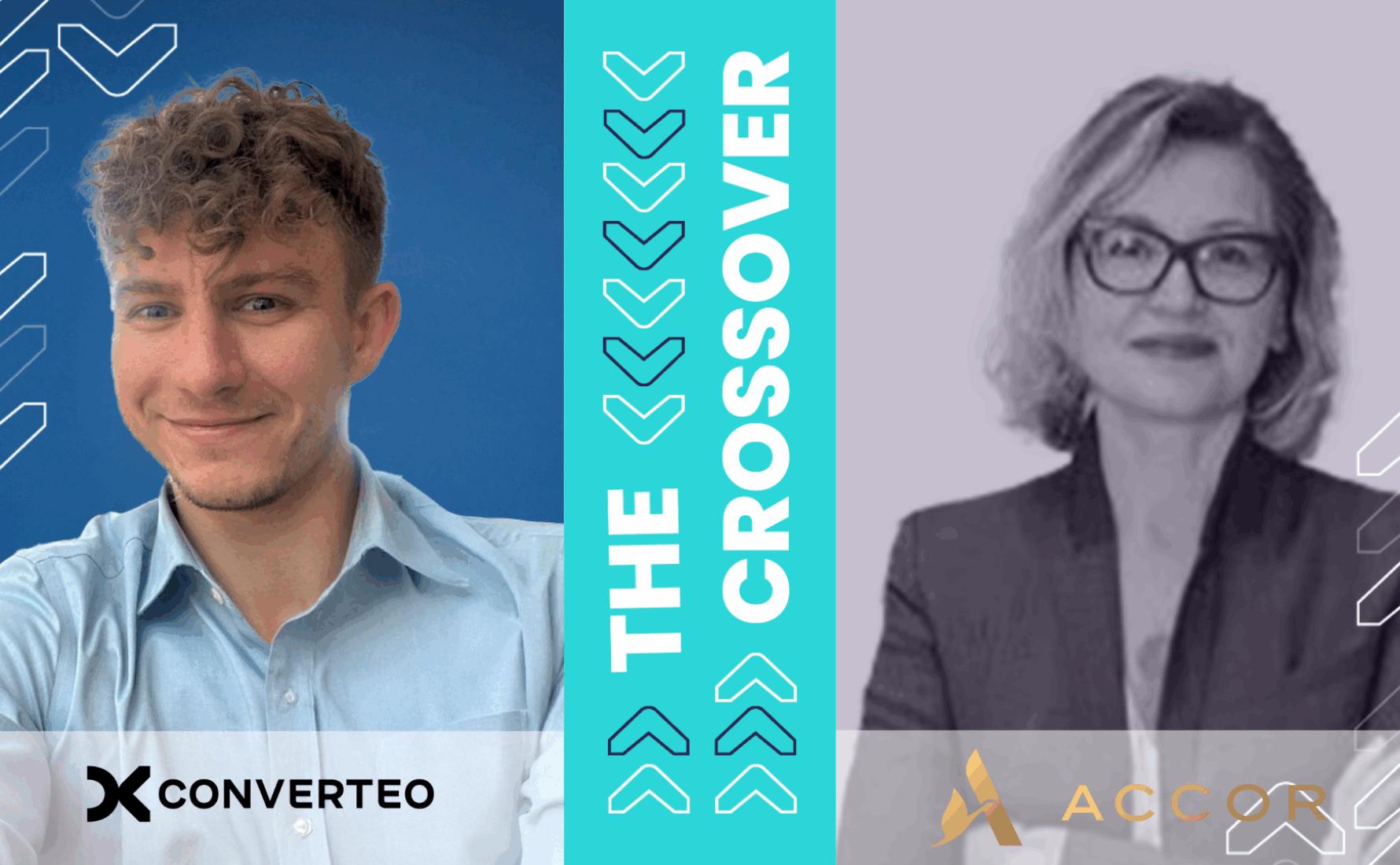
Perspectives from Accor and Converteo
Server-Side for Performance: The Example of CAPI Deployment at Accor
The gradual phase-out of cookies is forcing the digital marketing industry to explore alternative methods for collecting, targeting, and measuring the impact of digital campaigns. One such solution is CAPI (Conversion API), which has been successfully deployed at Accor, starting with the Meta environment. Alexandre Maitre, Senior Media Consultant at Converteo, and Mihaela Buhaianu, Global Media Director at Accor, provide further insights into the project.
Why Implement a Conversion API Project? And at Accor, how was the deployment carried out?
Alexandre Maitre: Traditionally, conversion attribution is done client-side, meaning data is collected through the user’s browser. However, recent developments, such as updates to privacy policies and browsers (phase-out of third-party cookies, ETP/ITP, iOS14), have made certain data less accessible, impacting conversion attribution. In this context, the “Conversion API” (CAPI) solution allows for the direct collection and transmission of conversion data from the advertiser’s server to an advertising platform.
This technology enables the collection of website events that may be lost by the pixel due to network connectivity issues, page loading errors, browser limitations, or the use of ad blockers. At Accor, the project was implemented to enable more accurate conversion attribution within marketing campaigns. This server-side technology aligns well with Accor’s media campaign measurement needs, which is why we developed a migration roadmap across several platforms (Google Ads, Google Analytics, TikTok, Pinterest). The first implementation was done for Meta.
Mihaela Buhaianu: Analytics are a key element of Accor’s business model, as they allow us to generate distribution fees for each conversion attributed to a media channel. Improved conversion attribution in the Meta environment enables media performance optimization and, consequently, generates more bookings. Implementing the Conversion API was therefore one of our top priorities in 2022.
It was primarily a collaborative project, with the Media team co-leading the initiative alongside the Analytics team, which provides the technical expertise at Accor. Together, we developed a joint roadmap that allowed us to deploy CAPI by the end of 2022. This was our first server-side integration within Google Tag Manager. The project required significant mobilization of expertise, resources, and time to achieve a satisfactory result.
What are the main challenges in this type of project?
Mihaela Buhaianu: In such a deployment, the challenges are varied, including collaborative, legal, and technical aspects. Collaboratively, as with any cross-functional project in a large organization, it’s essential to learn to work together and align our priorities to serve the business. From a legal perspective, it was crucial for our DPO to understand how data collection, storage, and sharing functioned. On the technical side, we faced challenges due to the complexity of server-side technology, especially since this was Accor’s first time using it.
Given the multiple integration options available, it was crucial to select the one that best suited our existing ecosystem and internal resources.
This process required several weeks of internal discussions, particularly to determine the optimal approach and the tools to be used, especially within the context of our cloud infrastructure. This was done in close collaboration with Converteo and Meta’s technical teams, who shared their expertise and best practices. For instance, they advised us on the configuration to use for effective event deduplication
Alexandre Maitre: As a consultancy, implementing a Conversion API project involves several key challenges. First, it is important to establish a structured roadmap that outlines the key milestones and timelines to guide the deployment of CAPI. Coordinating the various stakeholders involved is also essential to align everyone’s objectives and actions.
However, the most critical challenge lies in simplifying the subject matter. It is crucial to make the concepts of CAPI accessible to all stakeholders by using clear language and providing appropriate educational resources. This effort in education is vital: by fostering a better understanding of the topic among all parties, it enables smoother and more effective collaboration, ultimately leading to improved advertising performance outcomes.
What are the observed performance results after implementing the Conversion API, and what are the next steps?
Alexandre Maitre: By March 2023, we were able to observe the first results. While Meta’s benchmark for advertisers who have implemented CAPI shows a +19% increase in conversions attributed to the “Purchase” event compared to the Meta pixel, we have seen an average increase of 28% to 30% in attributed conversions across all tracked events. These are very satisfying results for Accor, especially considering that these outcomes were achieved without sharing any Personally Identifiable Information (PIIs) such as email addresses or phone numbers.
We will continue to support Accor on various aspects of the project, including educating internal teams on the topic of “Advanced Matching” to explain its functionality and its contribution to Accor’s overall strategy. We are also in close discussions with the DPO to enable them to make an informed decision about implementing this feature. Additionally, we are developing a “learning agenda” that helps us define more specific testing protocols in certain regions.
Mihaela Buhaianu: To capitalize on the CAPI implementation, we are currently conducting “conversion lifts,” which are incrementality studies aimed at defining the causal relationship between activated advertising campaigns and conversions. This will help us better understand the effectiveness of our Meta activations and determine their true value. Simultaneously, we are placing great emphasis on implementing “Advanced Matching” and sharing PIIs, as this not only increases the volume of attributed conversions but also enhances the accuracy and effectiveness of our causality studies.




